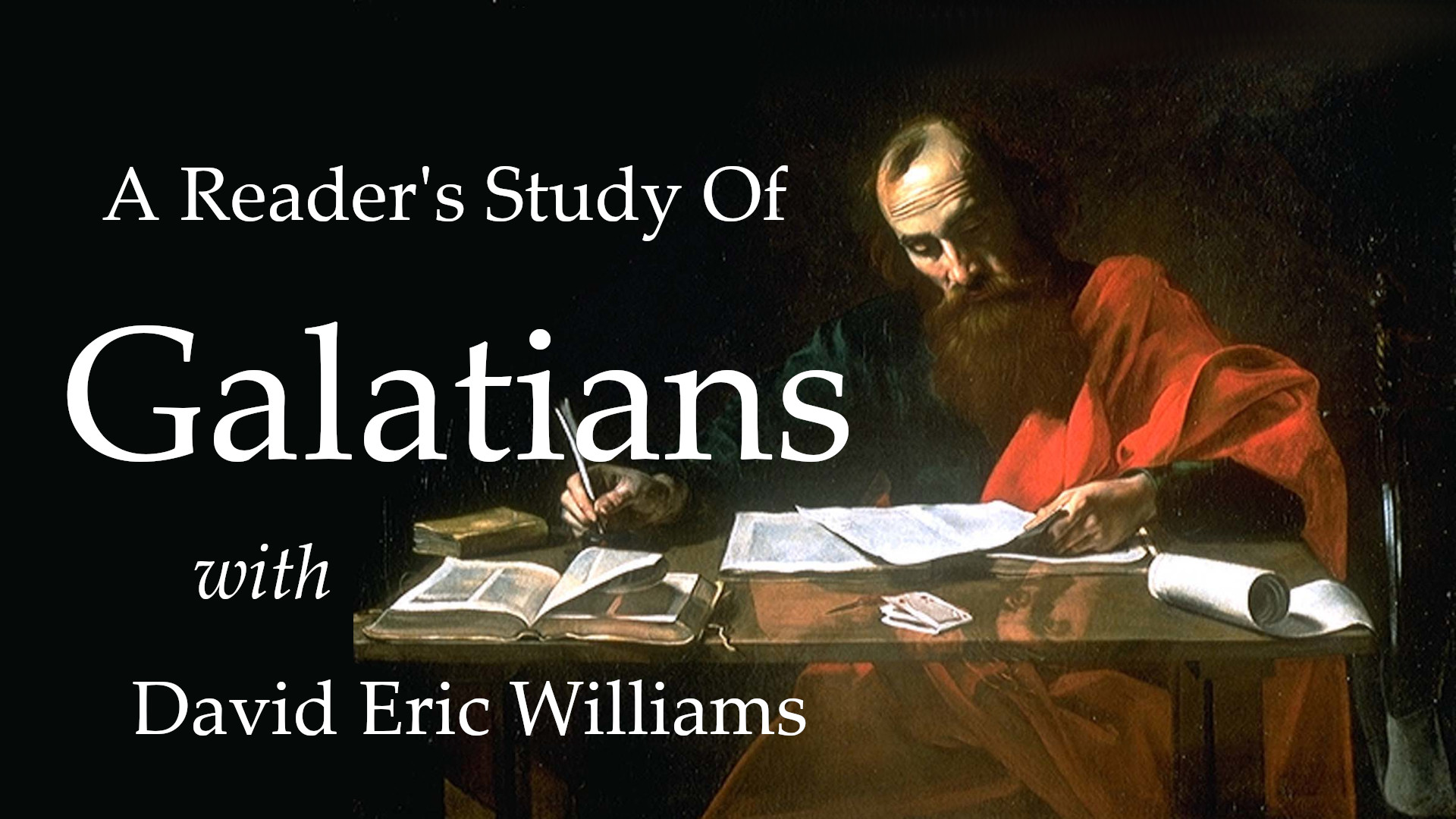The Straight Line Of Gospel Truth
© 08.30.23 By David Eric Williams
 But when I saw that their conduct was not in step with the truth of the gospel, I said to Cephas before them all, "If you, though a Jew, live like a Gentile and not like a Jew, how can you force the Gentiles to live like Jews?" (Galatians 2:14 ESV).
But when I saw that their conduct was not in step with the truth of the gospel, I said to Cephas before them all, "If you, though a Jew, live like a Gentile and not like a Jew, how can you force the Gentiles to live like Jews?" (Galatians 2:14 ESV).
When Paul saw the hypocrisy of those who came from James and the hypocrisy of Peter, he confronted Peter as the representative and leader of the Jewish Christians. Paul understood "they were not walking in a straight line toward the truth of the good news" (deSilva, Galatians, NICNT). With that in mind he publicly rebuked Peter. There is no indication Paul went to Peter privately before the public review. That was not necessary. Because of the public nature of Peter's behavior, the correction had to be public as well. Sadly, there is nothing in the letter telling us Peter and the other Jewish Christians responded favorably. It would not be until the Jerusalem conference (sometime after this letter was written) that Peter came to his senses.
The gospel creates a new reality and a new definition of the community of God. In the true gospel, Jew and Gentile alike are recreated by the work of the Holy Spirit in them, individually and corporately. There is no difference between Gentile and Jew in Jesus. Anyone who is in Jesus Christ is a new creation and should not be reckoned as Jew or Gentile at all. As far as the gospel is concerned, the two types of people in this world are those in Christ and those outside of Christ. No other distinction matters. Indeed, the deity formally known as "the God of Israel" is in fact the God of all people – in Jesus Christ. Thus, it is a denial of the gospel to demand that the Gentile "sinners" adhere to Jewish practice in order to be regarded as full members of the chosen people.
The true Gospel fellowship previously enjoyed by the Antiochian church evaporated once Judaizers from Jerusalem arrived. Instead of the unity of fellowship demanded by the gospel of Jesus Christ, the church in Antioch devolved into a group of people defined by the former categories of Jew and Gentile. "The image of the ‘one new person' in Christ was defaced, and the church reflected once again the divisions that belong to this present evil age and not to the new creation" (deSilva).
The truth is, Jewish attitudes toward Gentiles had always been demeaning. Jews considered Gentiles sinners and idolaters, immoral and untrustworthy. To retain that point of view as a Christian was an outright denial of the power of the Holy Spirit to change lives. Again, the Jewish/Jerusalem position was that those things could only be eradicated from a person's life if they became a Jew and then received Christ as Savior. The attitude and behavior of Peter, Barnabas and the other Jewish Christians spoke loud and clear. They were, saying to the Gentile Christians, "You are not really acceptable to God on the basis of your trust in Jesus and your reception of the Spirit after all. If you want to find acceptance before God and enjoy fellowship with God's people, you must make yourselves clean by circumcision and Torah observance" (deSilva).
We will return to this subject in a couple weeks
Entire Site Copyright © 2025 By David Eric Williams










